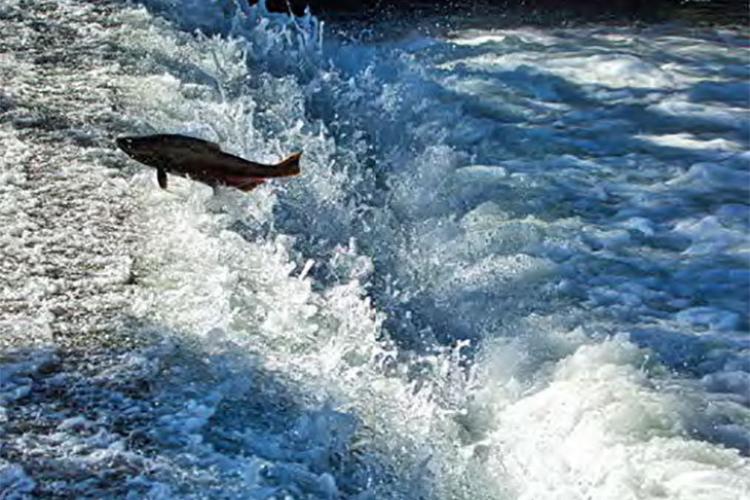Biden-Harris Administration Makes $106 Million Available for Pacific Coastal Salmon Recovery Fund as Part of Investing In America Agenda
Posted
Last Updated
By ecomagazine.com.
The Department of Commerce and NOAA are announcing the availability of up to $106 million in funding through the Pacific Coastal Salmon Recovery Fund (PCSRF) for Pacific salmon and steelhead recovery and conservation projects.
This funding—which includes funding from the Bipartisan Infrastructure Law (BIL) and Inflation Reduction Act (IRA)—will support state and tribal salmon restoration projects and activities to protect, conserve and restore these fish populations and their habitats.
“Restoring Pacific salmon populations and their habitats is vital for communities on the West Coast and in Alaska,” said Secretary of Commerce Gina Raimondo. “This funding—supported by the Bipartisan Infrastructure Law and Inflation Reduction Act, a key pillar of Bidenomics—will power transformational, high-impact projects and support efforts by states and tribes to protect and conserve salmon populations.”
The PCSRF program funds projects and activities necessary for conservation of salmon and steelhead populations listed as threatened or endangered or identified by a state as at-risk to be listed; for maintaining populations necessary for exercise of tribal treaty fishing rights or native subsistence fishing; or for conservation of Pacific coastal salmon and steelhead habitat.
Within the overall objectives of the PCSRF grant program, these funds will specifically provide federal financial assistance to states and tribes to support projects that:
- Protect, restore, and conserve Pacific salmon and steelhead and their habitats, using approaches that enhance ecosystem resilience to climate hazards.
- Support tribes’ role as fishery managers and stewards of tribal trust resources for cultural, spiritual, subsistence and recreational purposes before implementing conservation activities including outreach, research, and monitoring.
“The PCSRF program benefits fish populations and their habitats,” said Janet Coit, assistant administrator for NOAA Fisheries.
Read more at ecomagazine.com.

